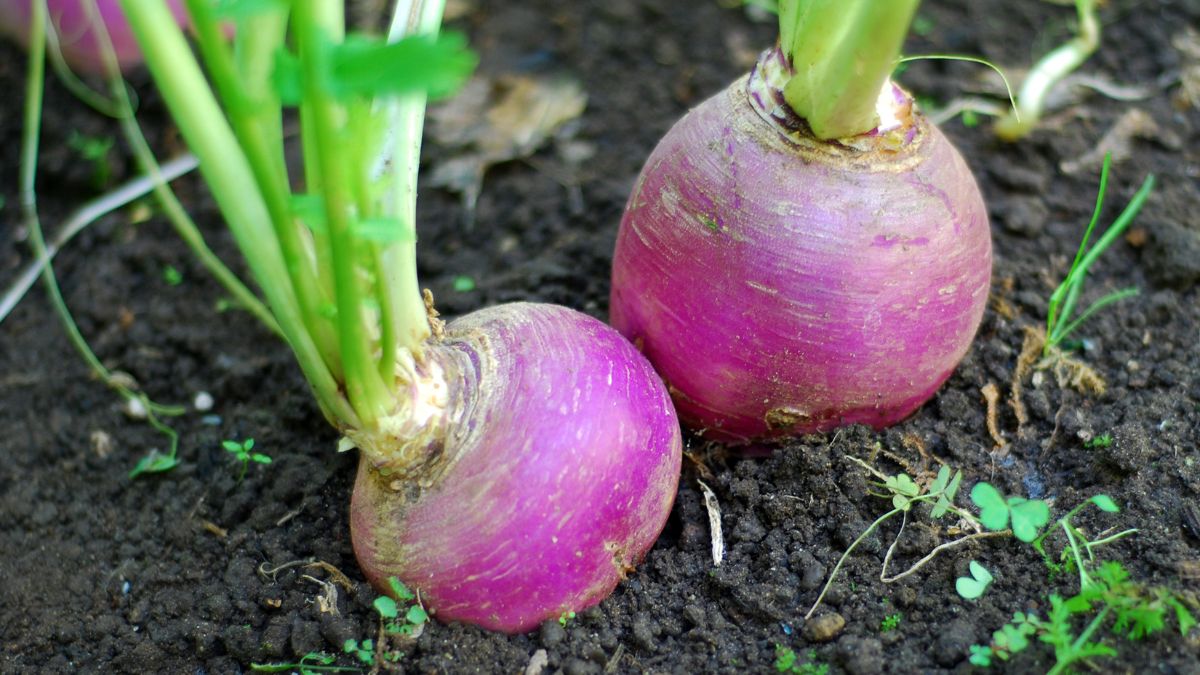Physiotherapy for Stroke Patients: Techniques for Improved Mobility
Physiotherapy for Stroke Patients: Techniques for Improved Mobility
Turnips: Bone Health and Risk of Kidney Stones

Turnips: Bone Health and Risk of Kidney Stones
In the grand tapestry of nutritional wisdom, there lies a humble vegetable often overlooked in the quest for health and vitality: the turnip. This seemingly modest root, with its pale flesh and sometimes purple-tinged skin, holds secrets that can significantly impact our well-being, particularly in the realms of bone health and the risk of kidney stones. Let us embark on a journey to uncover the awe-inspiring benefits of turnips, a voyage that may change how we view this ancient vegetable forever.
Turnips, with their roots deeply embedded in history, have been nourishing humanity for centuries. Yet, it is only now that we are truly beginning to unravel the mysteries of their health benefits. Rich in a symphony of nutrients, including vitamin C, fiber, and potassium, turnips sing a song of health and longevity. However, it is their contributions to bone health and the mitigation of kidney stone risk that are truly breathtaking.
First, let us delve into the realm of bone health. Bones, the very framework of our bodies, require a delicate balance of nutrients to maintain their strength and vitality. Here, turnips emerge as an unsung hero. They are a splendid source of calcium and potassium, two minerals paramount for bone health. Calcium is the cornerstone of bone density, acting as the primary building block for our skeletal structure. Potassium, on the other hand, plays a crucial role in neutralizing bone-depleting acids, thereby helping to preserve calcium in the bones. The inclusion of turnips in one’s diet can thus be likened to laying a foundation of stone in a castle, ensuring its strength and durability against the sands of time.
But the wonders of turnips do not end with bone health. Venture further into the intricacies of human health, and you encounter the risk of kidney stones, a condition that afflicts many with excruciating pain. Kidney stones are often formed when certain substances, like calcium oxalate, accumulate in the urine to levels where they cannot be dissolved. Here, turnips wield their power once more. Their high water content and presence of magnesium act as natural deterrents against the formation of these painful stones. Magnesium, in particular, has been shown to inhibit the binding of calcium and oxalate, two of the primary culprits behind kidney stone formation. By incorporating turnips into the diet, one might envision a gentle river, washing away the potential stones, leaving behind only the serene waters of good health.
The journey through the world of turnips reveals a landscape filled with awe-inspiring vistas of health benefits. It teaches us that even the most humble of vegetables can hold the key to profound health benefits. As we incorporate turnips into our diets, we do not merely eat a vegetable; we partake in an ancient ritual of nourishment, fortifying our bodies against the ravages of time and disease.
In conclusion, the turnip, a vegetable as old as civilization itself, emerges as a guardian of our health, wielding its powers to bolster bone strength and ward off the specter of kidney stones. Let us, therefore, embrace this humble root with newfound reverence, for in its simplicity lies the key to a fortress of health and well-being.